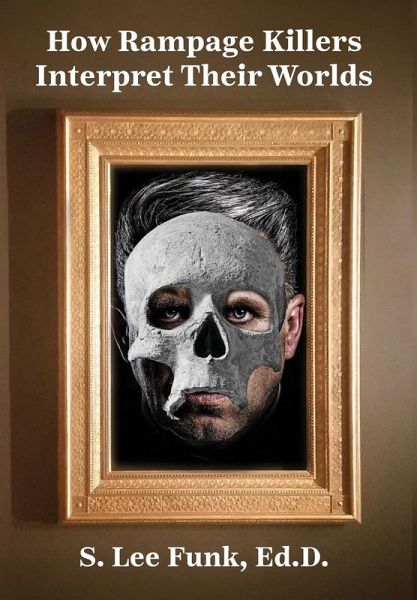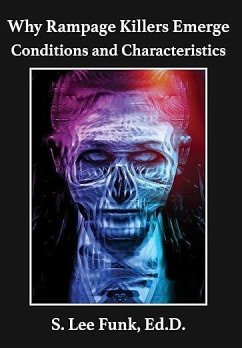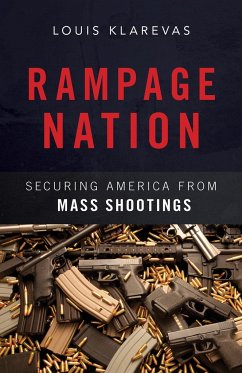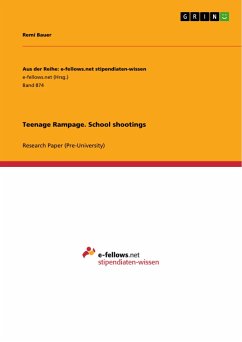
How Rampage Killers Interpret Their World

PAYBACK Punkte
49 °P sammeln!
How Rampage Killers Interpret Their Worlds addresses a question that recently has become disturbingly persistent: "What compels a person or a pair without notice and seemingly without any foreseeable benefit to attack numerous individuals, many of whom are strangers, in a single setting?" It considers that query from the vantage point of psychological circumspection - not as evidence of social fragmentation or historical turbulence. In doing so, it fills in the sketch for the seemingly random stimuli for rampage assaults by tracing the sequential development of motivators: the constitutional m...
How Rampage Killers Interpret Their Worlds addresses a question that recently has become disturbingly persistent: "What compels a person or a pair without notice and seemingly without any foreseeable benefit to attack numerous individuals, many of whom are strangers, in a single setting?" It considers that query from the vantage point of psychological circumspection - not as evidence of social fragmentation or historical turbulence. In doing so, it fills in the sketch for the seemingly random stimuli for rampage assaults by tracing the sequential development of motivators: the constitutional mindset of the murderer, the disenfranchisement from humanitarian norms, vindictive obsession, fantasy-driven planning, willful (though detached) engagement, and finally the bloody aftermath. The integrative design links the perspectives of three populations that have typically been treated as distinct - school annihilators, workplace avengers, and public executioners. Further, as expert educator Dr. Funk demonstrates, such mass violence is rarely utilitarian but frequently performative. Throughout the work, carefully sourced theory, scientific data, and analytical biographies inform the premises, observations, and conclusions. Synthesizing research from multiple disciplines with carefully constructed case studies, the work once and for all puts to rest the prevailing mystique of the sudden rampaging assailant and reveals the predictable, premeditative nature of the crime. Central to the criminological autopsies are analyses of the words and deeds of the murderers themselves - before, during, and after their massacres.













